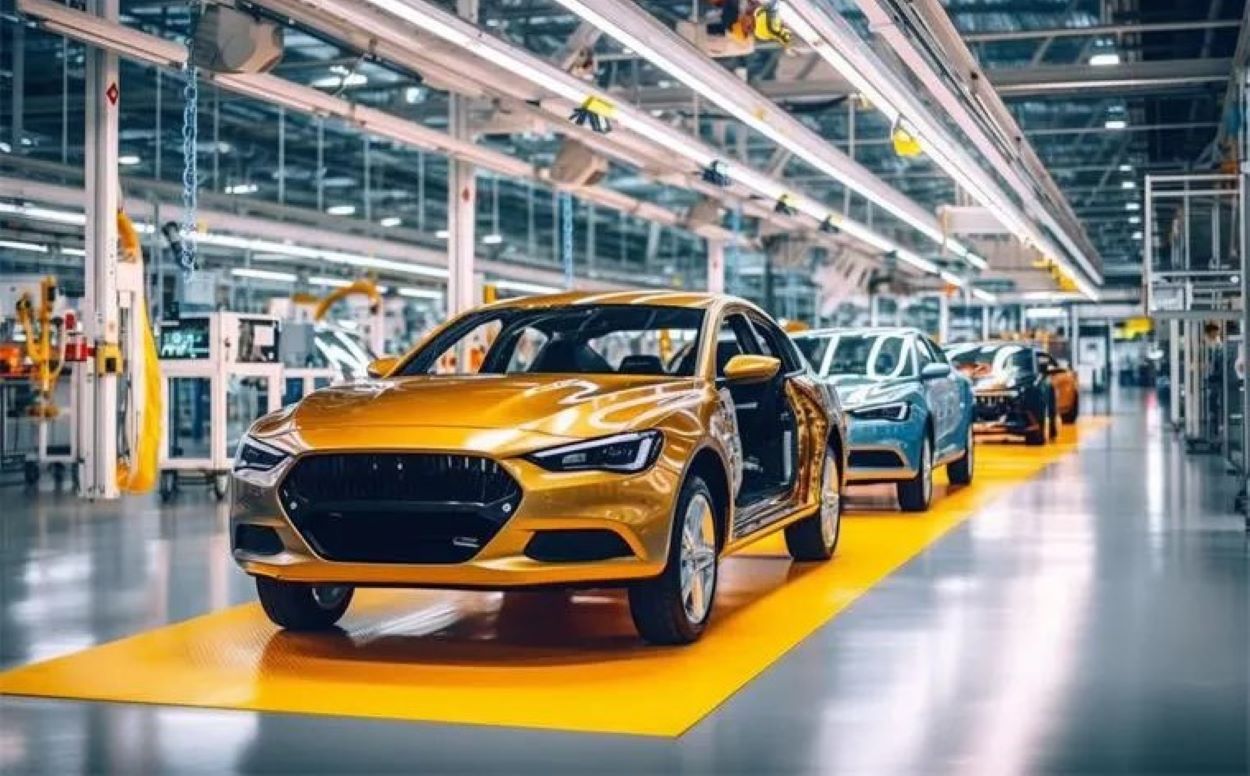Pakistan plans to transition 30% of its vehicles to electric power by 2030, a significant step toward sustainable transportation.
The initiative, backed by the Special Investment Facilitation Council (SIFC), encompasses the creation of Electric Vehicle (EV) infrastructure, the production of EVs, and the installation of charging stations nationwide.
To accelerate the adoption of electric vehicles, the government has introduced new rules and regulations to foster the EV industry. Key measures include:
- Prime Minister Muhammad Shehbaz Sharif announced a 44% reduction in electricity rates for EV charging stations.
- A streamlined 15-day registration process for charging stations to attract domestic and foreign investors.
The shift to electric vehicles is expected to yield substantial economic and environmental benefits:
- Converting 10 million motorcycles to EVs could save $6 billion annually in fuel costs.
- The adoption of EV technology will boost the local automotive industry and reduce dependence on imported fuel.
- Reducing carbon emissions will contribute to a cleaner environment and help combat climate change.
The government is focusing on building the necessary infrastructure to support the EV transition. This includes:
- Manufacturing EV vehicles and motorcycles.
- Establishing a network of EV charging stations across the country.
Pakistan has already taken steps to promote electric vehicles. During a recent Senate session, Law Minister Azam Nazeer Tarar informed the House that 30 electric buses had been imported from China. These buses are stationed at the Jinnah Convention Center in Islamabad, where state-of-the-art charging facilities have been installed.
Read: Pakistan Plans to Transition 30% of Vehicles to Electric by 2030
The government’s push for electric vehicles aligns with its broader environmental protection and energy independence goals. By encouraging the use of EVs, Pakistan aims to reduce its carbon footprint, lower fuel import bills, and create new opportunities for local industries.






